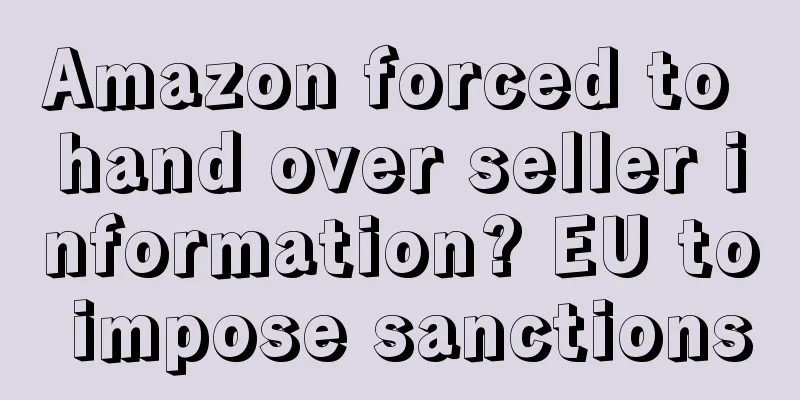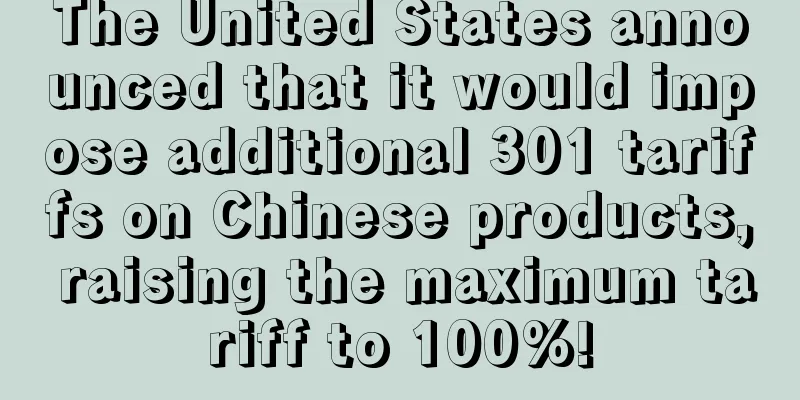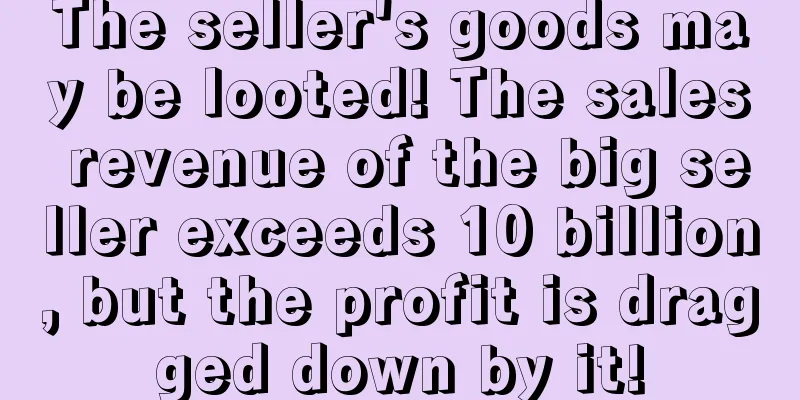Amazon is forced to make corrections! It actually wants to refund sellers?

|
Amazon often requires sellers to make concessions to provide consumers with more discounts. We sellers are actually accustomed to this, and sometimes we have to accept such rules in order to have more sales. This situation is even more serious among suppliers. Sometimes Amazon will directly give its own products a very high discount, but let the suppliers bear the cost losses of the discount part. Just today, foreign media broke the news that Amazon Japan was forced to submit an antitrust rectification plan to the Japan Fair Trade Commission, which included rectifications for the above situation and even a proposal to refund supplier discount expenses! Let me first talk about the ins and outs of this matter. Around October last year, the Japan Fair Trade Commission raided Amazon Japan and determined that Amazon had serious monopoly problems, including unequal competition with third-party sellers and unclear search algorithms. At the time, the Fair Trade Commission also issued a solicitation for rectification opinions from Amazon, which even required Amazon to disclose the detailed content and mechanism of its search algorithm , the A9 algorithm. However, this proposal that was being solicited for comments was unlikely to be passed. After all, A9 is Amazon's bread and butter, and my brother-in-law would not allow this proposal to pass no matter what he said. The current situation is that the Fair Trade Commission should have completed its investigation and issued formal rectification requirements to Amazon, and Amazon submitted a rectification plan in response to these rectification requirements today. The specific content of the rectification plan is relatively confidential, but according to foreign media reports, it may include a plan to refund suppliers who were forced to bear the cost of discounts. If the Japan Fair Trade Commission accepts Amazon's rectification plan, Amazon will be exempt from administrative sanctions. If the rectification plan is rejected by the Commission, Amazon will have to draft a new plan and submit it within a certain period of time, otherwise there is a risk of being fined. Although Europe, the United States and other countries are investigating and correcting Amazon's antitrust behavior, Japan's move this time can be said to be the most severe measure so far, and Amazon has also directly admitted its mistake and made a rectification plan. This is not just good news for suppliers. Once the antitrust rectification is opened, Amazon’s unfair competition against third-party sellers will also be required to be rectified by the Fair Trade Commission. Unfair competition for third-party sellers In the previous investigation of Amazon, the Fair Trade Commission believed that Amazon's current search algorithm is not transparent, so Amazon can change the algorithm at will to give its own products a better display position or to give certain third-party sellers a lower position. Because of the opacity of the algorithm, no one will notice all these changes made by Amazon. Therefore, the Fair Trade Commission believes that Amazon's failure to disclose its algorithm violates Japan's Anti-Monopoly Law. This law was adjusted last year, and the fairness and transparency regulations were changed to apply to the e-commerce field as well. Therefore, the Fair Trade Commission conducted a surprise inspection of Amazon last year and began a preliminary investigation into its rectification opinions. Amendment to the Anti-Monopoly Act It is definitely impossible to really force Amazon to disclose its algorithm, but the Fair Trade Commission can also take action from other aspects, such as publicizing each adjustment, adding additional labels to the adjusted products, or directly prohibiting Amazon from arbitrarily adjusting the algorithm, etc., which can effectively prevent Amazon from unfair competition against third-party sellers. Moreover, my brother-in-law revealed a big news at the US antitrust hearing, that he used sellers' sales data to develop products and compete with the sellers in turn. This situation may also cause the committee to intervene in the investigation and demand rectification. Amazon's hegemony in Japan will definitely be effectively curbed soon. If self-operated products can be restricted by official agencies, we can use Amazon's in-site advertising and some optimization methods to push up product rankings faster and easier. |
<<: Big tariff news! The United States announced a new list of
>>: The US dollar is falling! What impact does it have on cross-border sellers?
Recommend
Amazon, I want to make money standing still
Years of operational experience tell you that don’...
Don’t underestimate it! Amazon’s advertising method allows you to earn money with every order!
Today, Zhaodanmao will share with you the most dow...
U.S. online retail sales grew 4.5% in December from the previous month, driven by the Thanksgiving shopping weekend
It is learned that on January 14, according to for...
The seller was fired for opening a private store! Will all operations go solo?
▶ Video account attention cross-border navigation ...
What is Whale ERP? Whale ERP Review
Jingsheng ERP was founded in 2018 and is an e - co...
What is SaaS? SaaS Review
SaaS is the abbreviation of Software-as-a-Service,...
What is Grailed? Grailed Review
Grailed is a second-hand luxury menswear resale we...
What is the State Administration of Foreign Exchange? Review of the State Administration of Foreign Exchange
The State Administration of Foreign Exchange (SAFE...
What is Amazon Inspire? Amazon Inspire Review
Amazon Inspire is a service that provides educator...
How to advertise new products on Amazon?
1. When a new product is just launched, it is not ...
The international version of TikTok is entering the Middle East. Will it be a new opportunity for e-commerce in the Middle East?
Breaking NewsThe international version of TikTok ...
What is Indian ISI? Indian ISI Review
ISI stands for Indian Standards Institution. The I...
What is Dealmoon? Dealmoon Review
DEALMOON is the leading Chinese social e-commerce ...
Four common ways to complain about competitors on Amazon
Method 1: Front desk complaint path Method 2: Comp...









